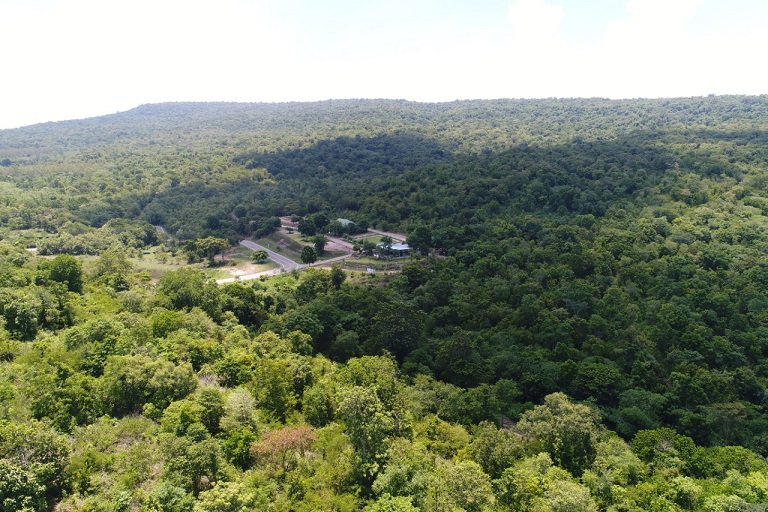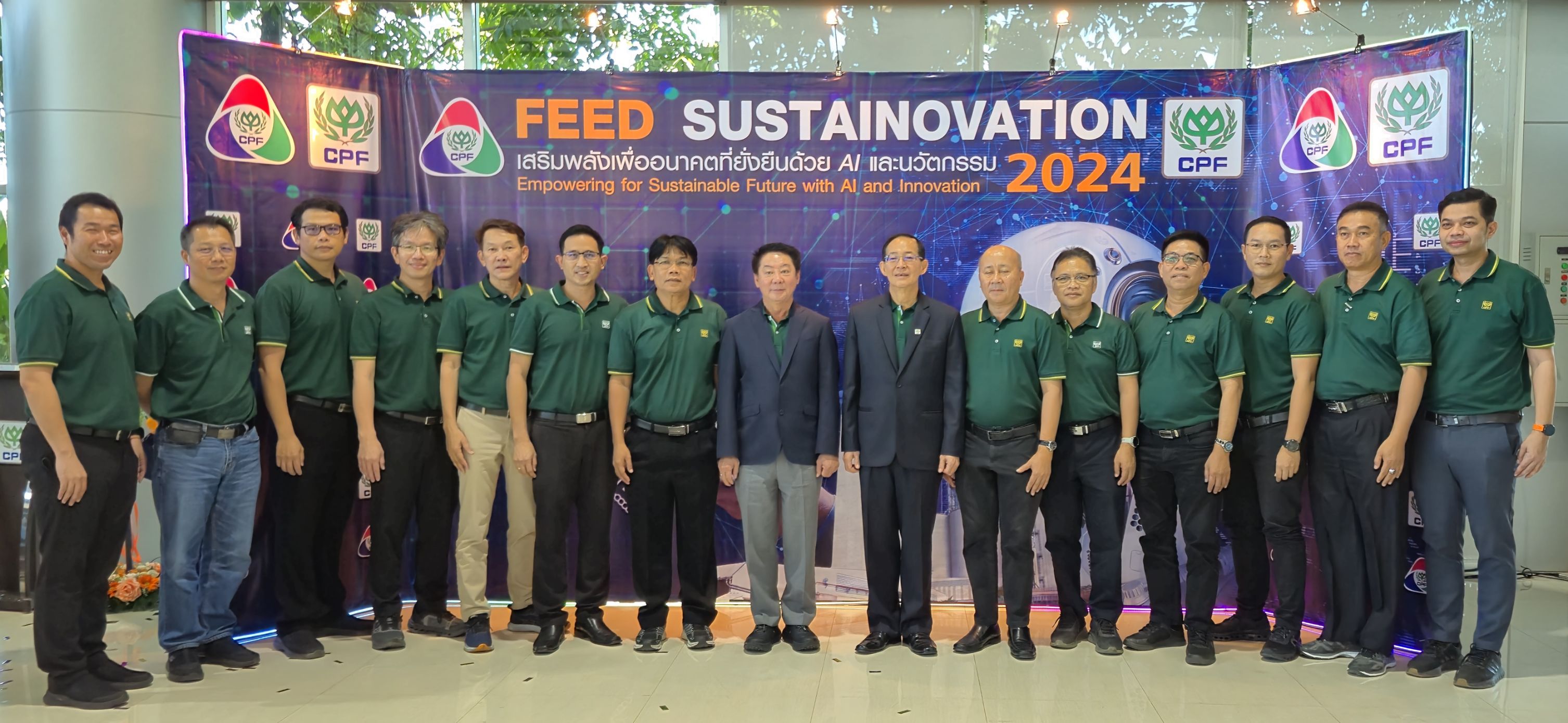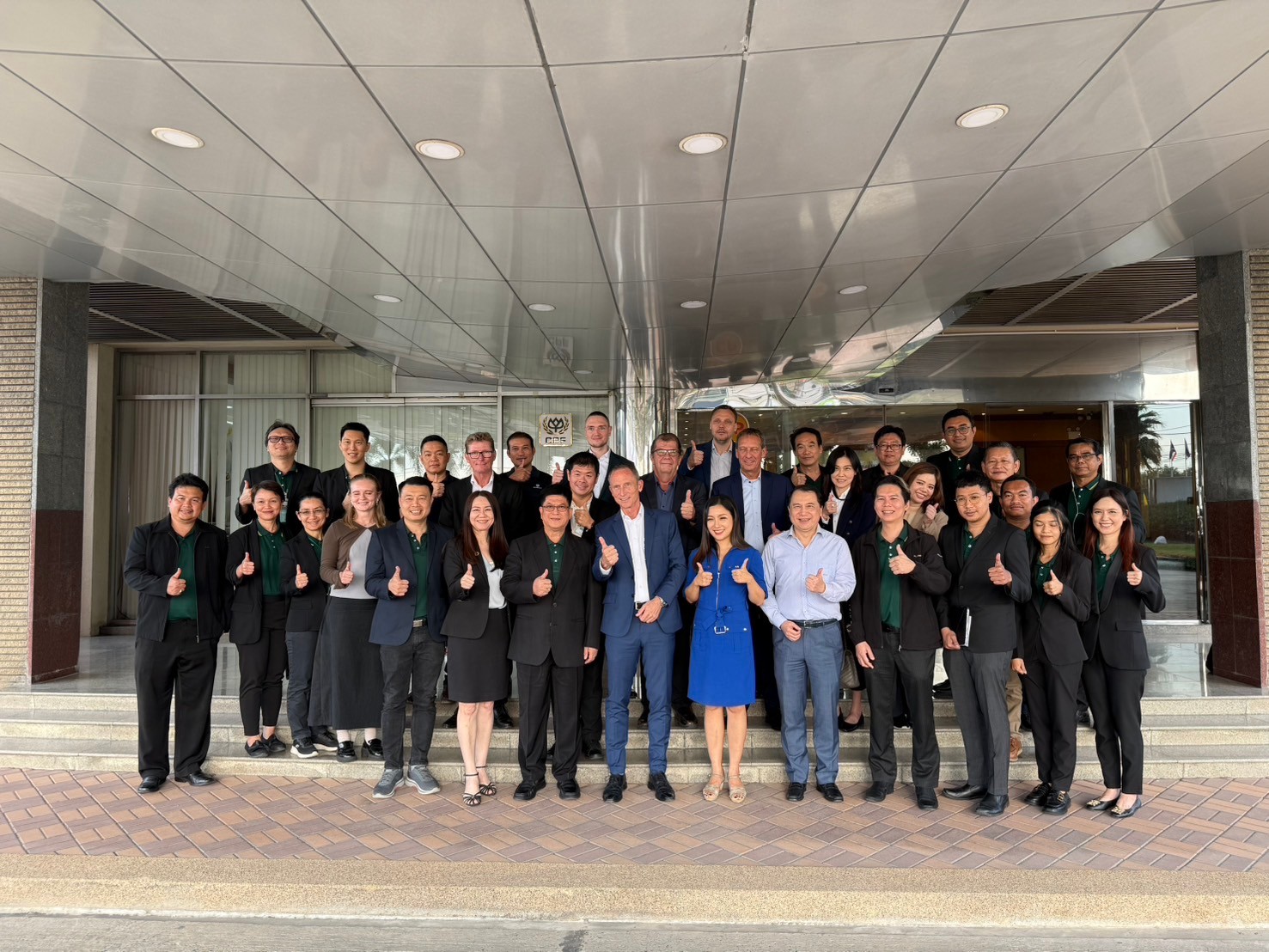

To
celebrate World
Wildlife Day on March 3, Charoen Pokphand Foods Public Company Limited (CP Foods)
continues to protect ecosystems, wildlife, plant species and biodiversity to reduce
greenhouse gas emissions, ensure food security and maintain a balance of
nature.
This year, the World Wildlife Day’s theme is Recovering key species for ecosystem restoration in line with the Sustainable Development Goals.
Wuthichai Sithipreedanant, Senior Vice President for Corporate Social Responsibility and Sustainable Development of CP Foods, said the company has a commitment to use the bio-resources effectively and focus on maintaining the balance of the nature by protecting biodiversity.
This is one of the CPF 2030 Sustainability in Action strategy goals, which focuses on creating a positive impact on the environment throughout the value chain as well as to realize the benefits of conservation of wildlife and plant resources which is an important component of biodiversity.
“The Covid-19 Pandemic Crisis and the impact of climate change reflect the connection between human and natural resources. CP Foods recognizes the importance of maintaining a sustainable ecosystem to the quality of life and well-being of everyone in the world,” said Mr. Wuttichai.
Under the commitment to protect biodiversity and join in reducing greenhouse gas emission, CP Foods carries out multiple conservation and restoration projects of watershed forests and mangrove forests. CPF Rak Nives Project in Lop Buri Province, is now covering 6,971 rai and the CPF Plant. Meanwhile, Grow-Share-Protect Mangrove Forestation Project, is located at Bang Ya Phraek Subdistrict, Samut Sakhon Province, and Pak Nam Prasae Subdistrict, Rayong Province, and currently expanding to Trat Province.
The Company has continuously monitored and evaluated the project and together with the Faculty of Forestry Kasetsart University studying the biodiversity of the Watershed Forest Conservation and Restoration Project. In 2018, nine mammal species, 119 bird species, 20 reptile species and 15 amphibians were identified as databases prior to the beginning of forest restoration and during the year. Camera traps have been installed to monitor wildlife's relationship with food sources. Many kinds of animals such as foxes, star cats, e-saws, etc., have been found since then.
CP Foods also has a responsible global sourcing policy, where 100 percent of its main raw materials, such as corn, palm oil, soybeans, come from areas that have been verified as deforestation-free. The raw materials can be traced back to the source. This makes it possible to effectively manage environmental risks in the supply chain.








